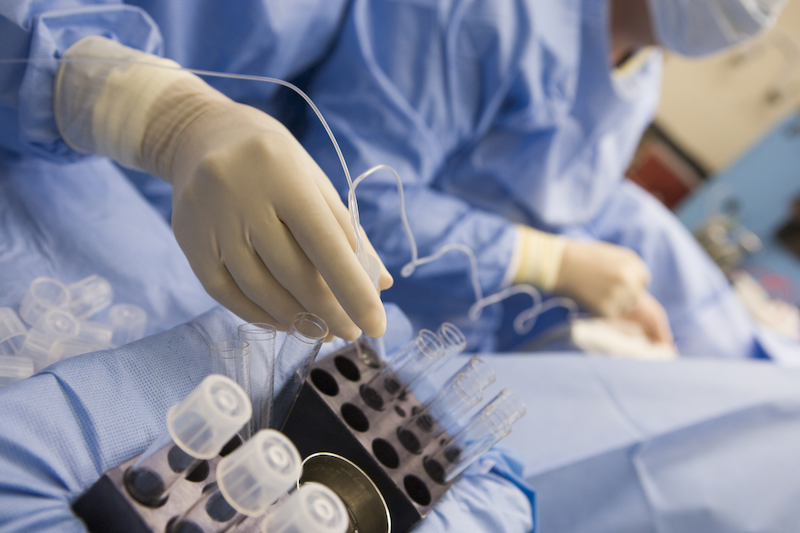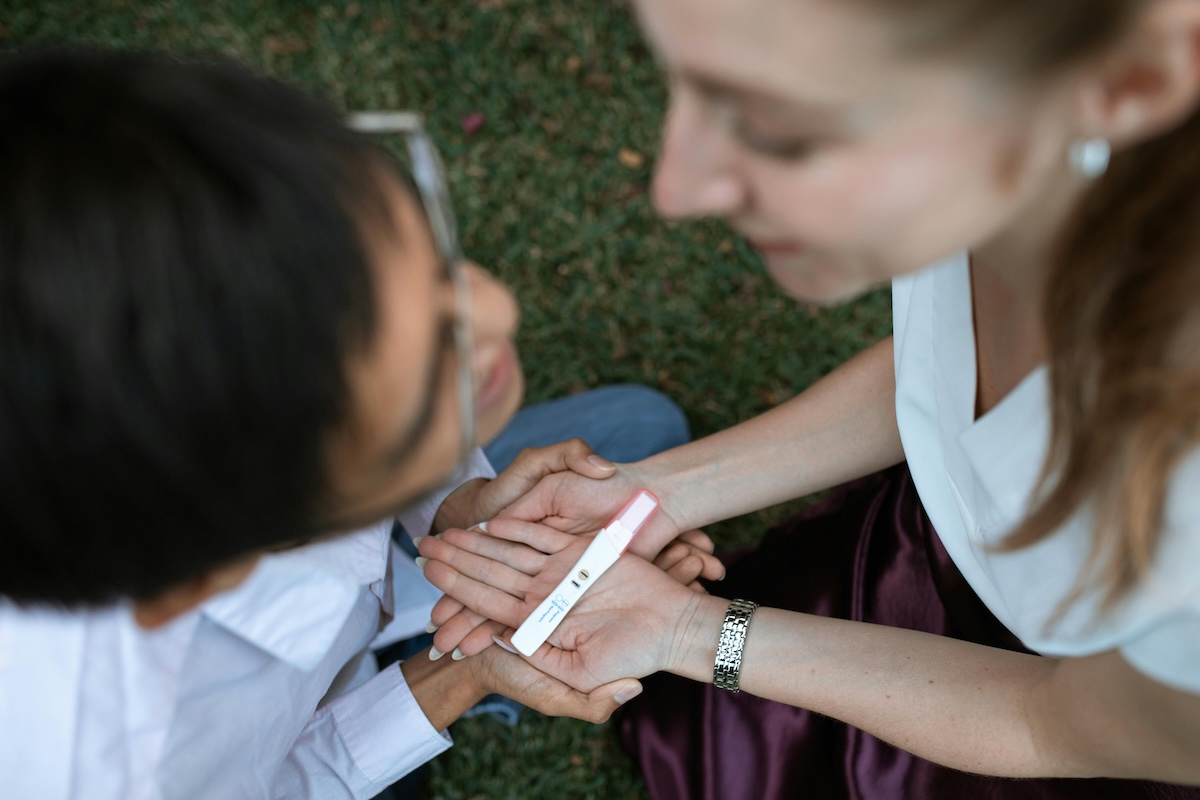I went through IVF at 30 and had 75 eggs (!) collected during my retrieval. If menopause is partially triggered by low ovarian reserve, and some of my eggs were taken out “early,” does that mean I will enter peri/menopause earlier?
—Not too eggs-cited
That is a lot of eggs! But actually, the evidence suggests that rather than experiencing menopause early, women whose ovaries produce more mature eggs during an oocyte retrieval cycle may experience menopause later on average. I know this may seem counterintuitive, so let’s walk through why that might be.

First of all, during each menstrual cycle, a whole group of eggs start down the road to maturation. In a typical cycle, only one of those eggs will complete maturation and be released by the ovary at the time of ovulation. During an oocyte retrieval cycle, the goal is to get as many of the eggs as possible that start the maturation process to finish it. As a result, an egg retrieval cycle doesn’t use up more eggs than a regular menstrual cycle.
That explains why egg retrieval cycles don’t cause early menopause, but why is retrieving more eggs associated with later menopause? Ovarian reserve is the main factor that determines how your body responds to the stimulation of the medications given during a retrieval cycle. More eggs equals more ovarian reserve. More ovarian reserve means that your ovaries are aging more slowly than we would expect based on your age. Ovaries that are aging more slowly will continue functioning for longer.
To be clear, we aren’t talking about menopause at 65. The difference in age at menopause seen between women with low ovarian reserve and those with typical ovarian reserve is just one year on average. And the published data come from a time before elective egg freezing was common, so the women studied were more likely to be undergoing egg retrieval because of infertility. As more women electively freeze their eggs, we will likely get a better understanding of the relationship between ovarian reserve and age at menopause.
The takeaway: An oocyte retrieval cycle that results in a large number of mature eggs may be associated with having menopause at a later age.
Community Guidelines




















Log in